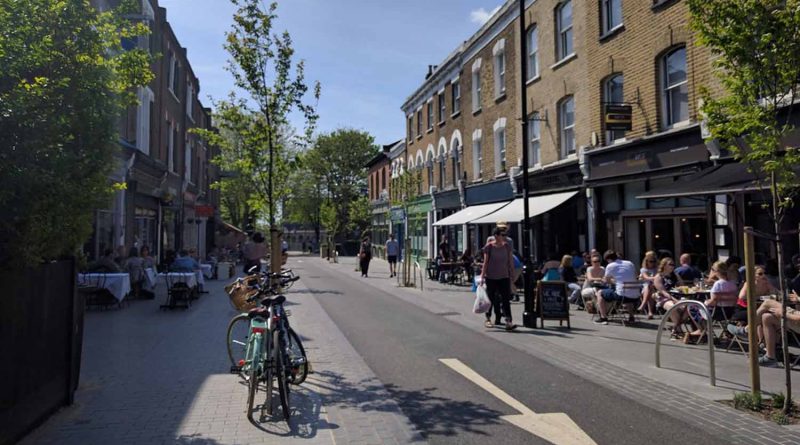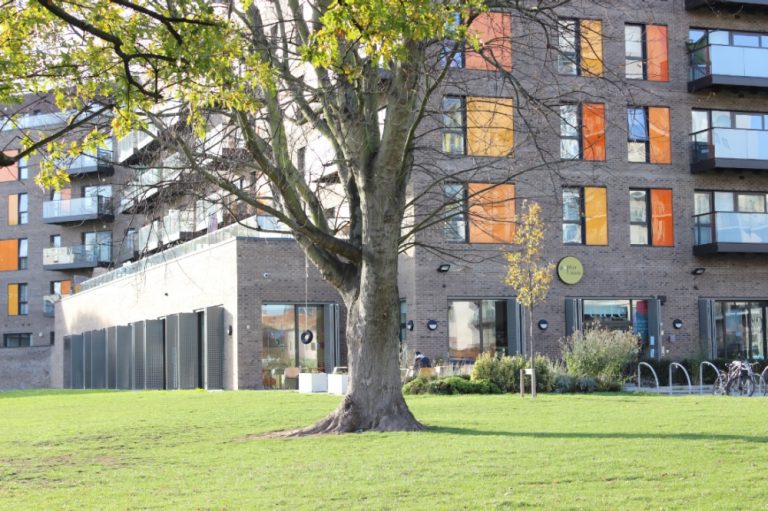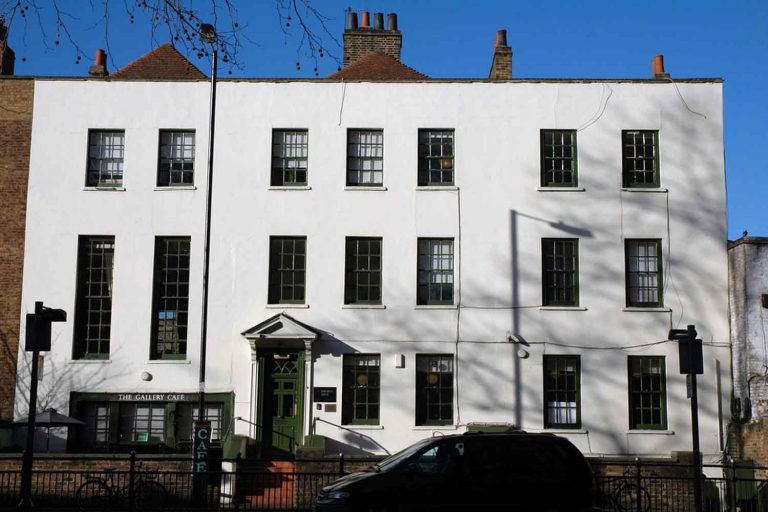Panorama’s Road Wars explores divisions caused by Low Traffic Neighbourhoods
BBC’s Panorama documentary reveals an East London Councillor received death threats from residents opposing Low Traffic Neighbourhoods.
A councillor in East London reveals in a TV documentary tonight that he has received death threats because of his borough’s plans to reduce traffic.
Clyde Loakes, deputy leader of Waltham Forest Council, says on a new episode of BBC Panorama this evening that he and his family feared for their safety, after receiving threatening letters from people opposed to Low Traffic Neighbourhoods (LTNs).
The Labour councillor tells BBC News’ climate editor Justin Rowlatt: “My wife opened up a letter and we kind of had to get the police involved, and alarms to be given to myself and the rest of my family.”
The letters followed public protests against the changes in the north-east London borough, which has seen some of the highest number of restrictions on car use in the capital.
Waltham Forest was one of three councils – along with Enfield and Kingston – to receive funding from City Hall to become a ‘mini-Holland’.
The scheme was aimed at boosting cycling in the three boroughs by equipping them with high-specification Dutch-style infrastructure, including redesigned junctions, segregated cycle lanes and reductions in car-traffic on residential streets.
According to an analysis conducted last year by the Healthy Streets Coalition, Hackney was the borough with the highest proportion of LTNs in its area, with Waltham Forest in second place and Islington in third.
The analysis looked at streets which would potentially be suitable for LTNs, rather than all streets in each borough, and then found the percentage of those streets which were actually part of LTNs.
Low-traffic neighbourhoods, and the broader urban planning concept of ‘15-minute cities’, have become a popular subject with conspiracy theorists, who propagate the idea that politicians are introducing the measures because they want to reduce the citizens’ freedom and monitor their movements.
In tonight’s documentary, ‘Road Wars: Neighbourhood Traffic Chaos’, Mr Rowlatt explores how LTNs have affected communities in London and Oxford.
In 2021, Camden Council closed several local roads to create a new LTN. Richard Chaumeton, who has run a roofing business based in Camden for the last 26 years, says the introduction of LTNs “can add up to 40 minutes to a journey at rush hour”.
Richard and his team have accumulated thousands of pounds in fines for breaking the rules on driving in LTNs. Each fine is £130, but Mr Chaumeton tells Mr Rowlatt that he has successfully appealed every fine.
Camden Council says that the scheme has successfully tackled local congestion, led to an improvement in air quality and reduced carbon emissions.
In Oxford, Mr Rowlatt hears how LTNs have been the site of vandalism and angry confrontations. One supporter of the Oxford LTNs, 79 year-old Theo, tells Panorama that he had twice been hit by a vehicle during clashes, and even “thumped in the face”.
LTNs are generally funded using Government cash, as part of its £3.2bn active travel policy – and the aim is that half of all trips in England’s towns and cities be walked, cycled, or made in a wheelchair by 2030.
‘BBC Panorama – Road Wars: Neighbourhood Traffic Chaos’ is on BBC One at 8pm on Monday April 17, and on BBC iPlayer








